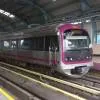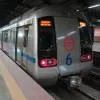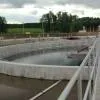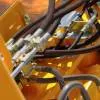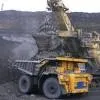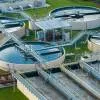BEML planning to export Vande Bharat, Metro Trains
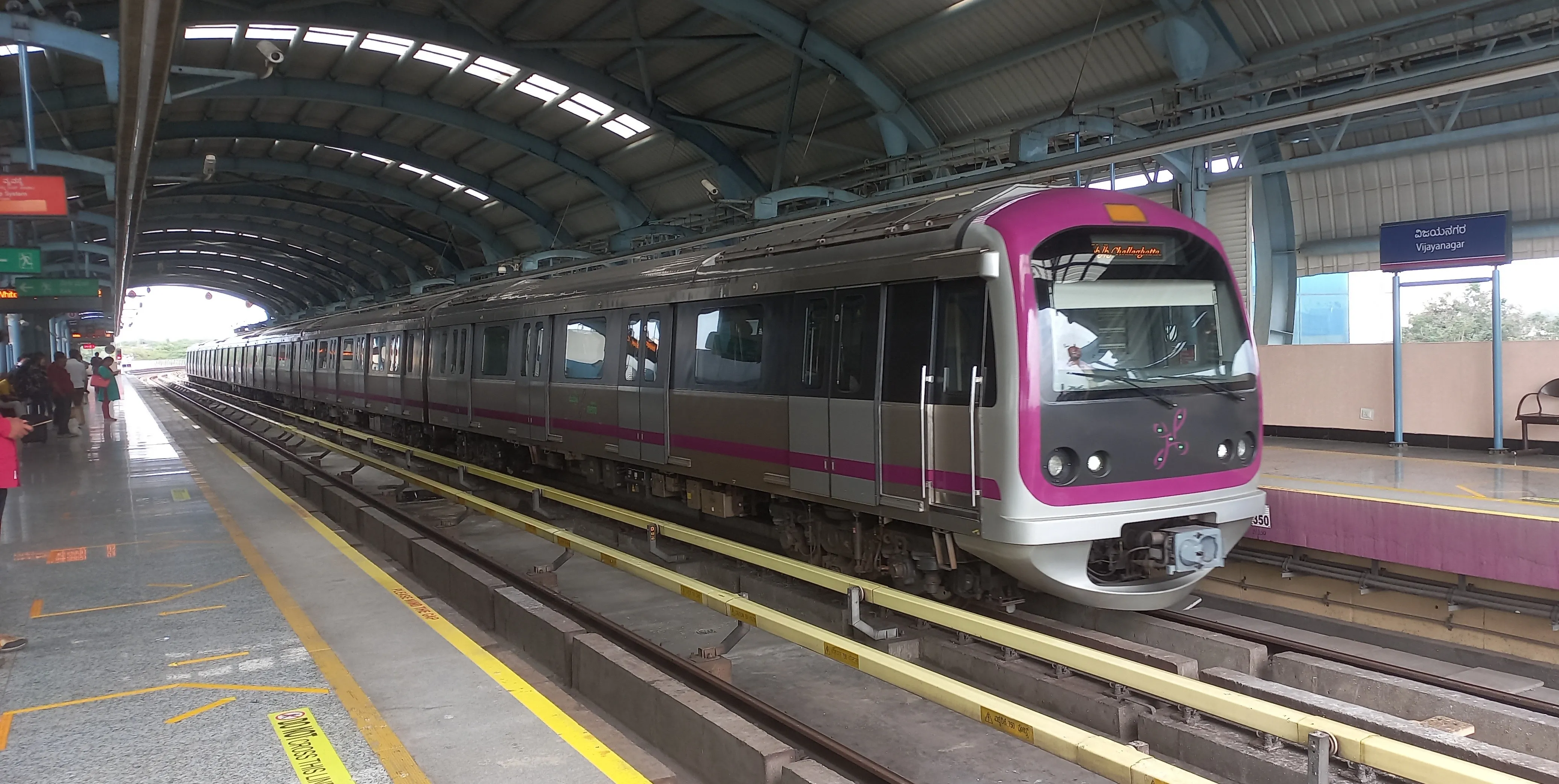
Three Firms Bid for DPR of Bengaluru–Tumakuru Metro Corridor
Three consulting firms have submitted bids for the preparation of the detailed project report (DPR) for the proposed Bengaluru–Tumakuru Metro corridor, which will extend up to Tumakuru from Madavara. The proposed Metro line will span 59.6 km and is planned to include 27 stations, with the DPR assignment valued at Rs 200.89 million.The bidders competing for the project are RITES, Capital Fortunes, and Aarvee Engineering Consultants. Officials said that the Bangalore Metro Rail Corporation (BMRCL) opened the bids earlier this week and the technical evaluation process is currently underway.Once..
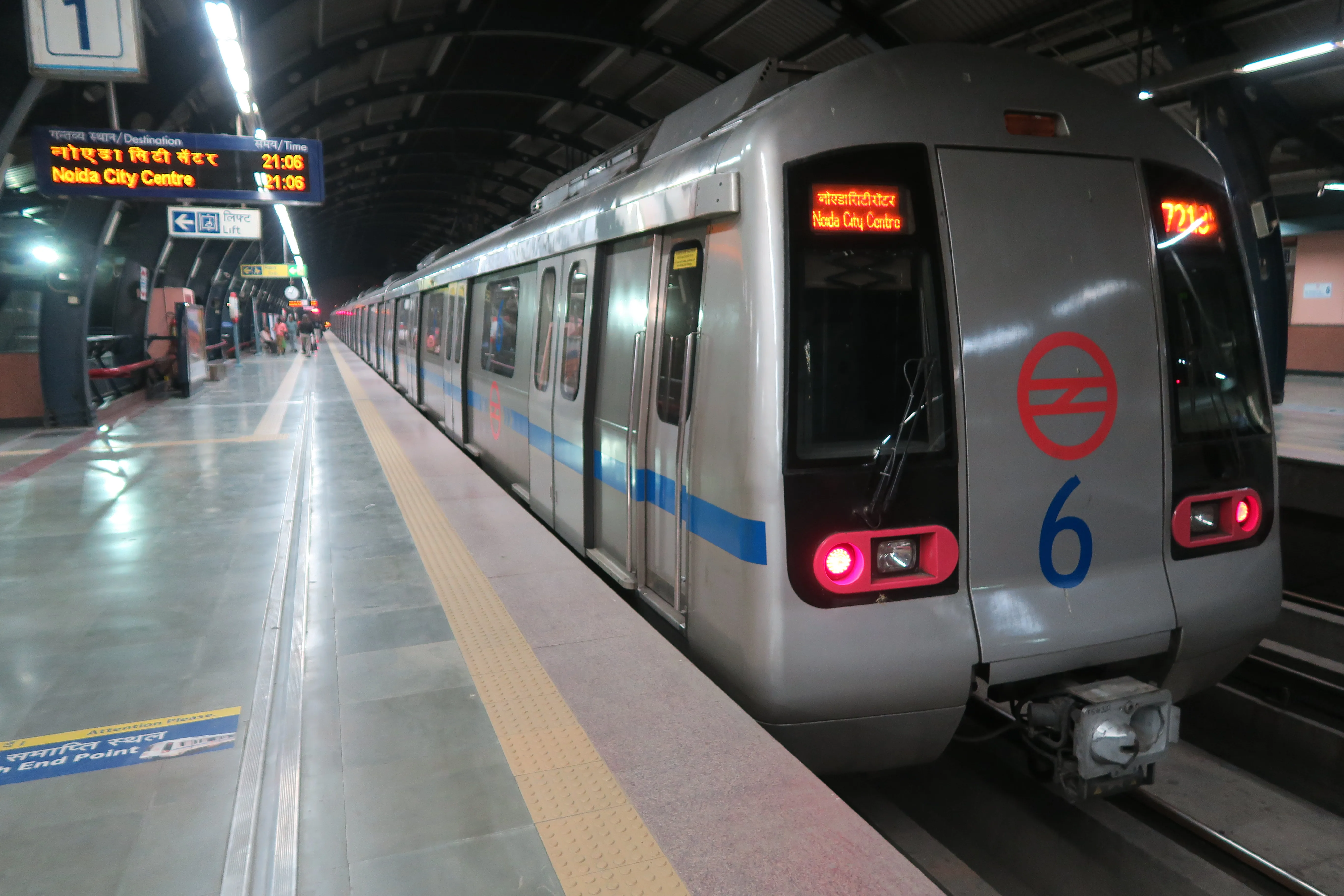
LG Clears Land Allotment for Rithala–Kundli Metro Corridor
A major bottleneck in the implementation of the Rithala–Narela–Kundli Metro corridor under Phase IV has been resolved, with Delhi Lieutenant Governor V.K. Saxena approving the allotment of Delhi Jal Board (DJB) land to the Delhi Metro Rail Corporation (DMRC) for construction of a key viaduct.The approval, which had been pending for several years, pertains to land required for building the viaduct stretch between Rithala and Rohini Sector 25. Officials said the decision will significantly accelerate work on the long-awaited corridor, which is critical for improving connectivity in north-wes..
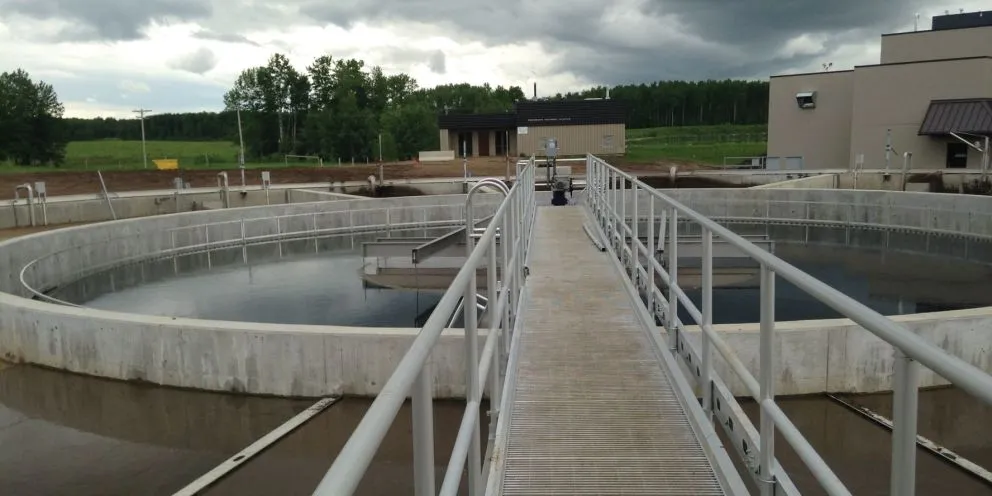
V.L. Infraprojects Wins Rs 420.12 Mn GWSSB Water Supply Project
V.L. Infraprojects Limited (NSE: VLINFRA), a specialist in water supply and sewerage infrastructure, has received a Letter of Intent from the Gujarat Water Supply & Sewerage Board (GWSSB) for the augmentation of the Hadaf Regional Water Supply Scheme in Limkheda and Singvad talukas of Dahod district, Gujarat.The project is valued at Rs 420.12 million and has been awarded at 5.99 percent above the estimated cost. It will be executed through a joint venture between V.L. Infra Projects, which holds an 80 percent stake as the lead partner, and H.M. Electro Mech with a 20 percent share. The con..




